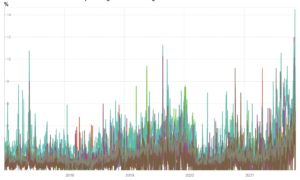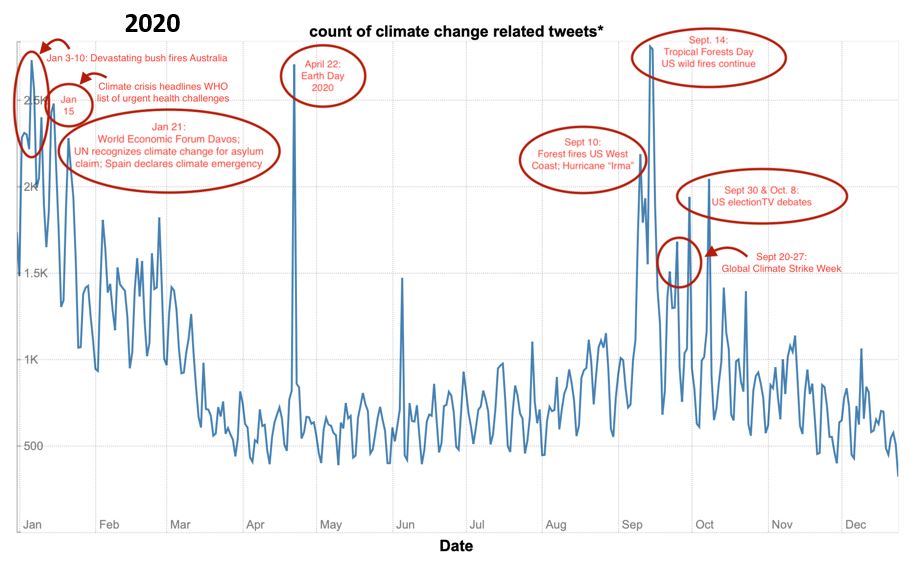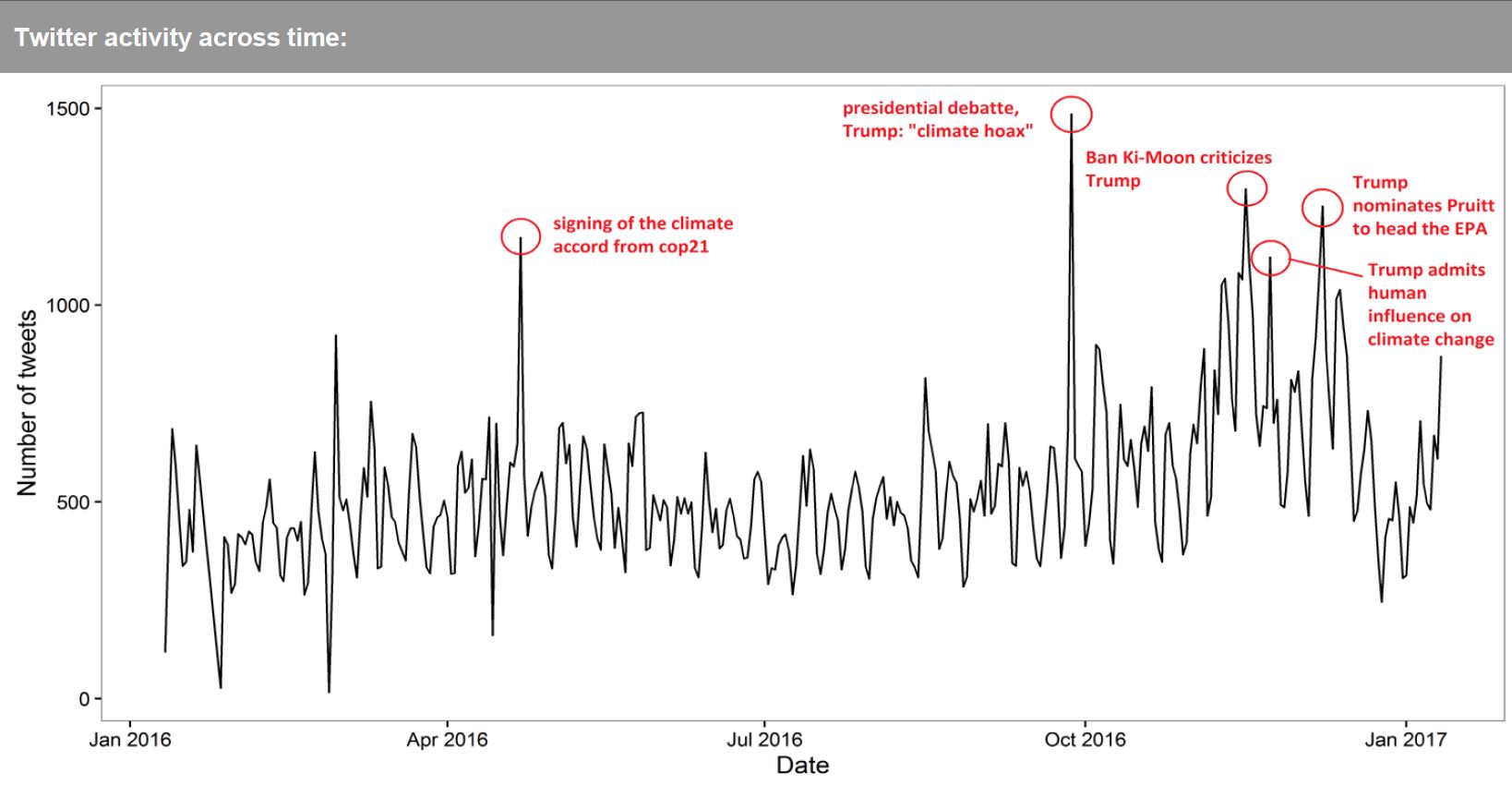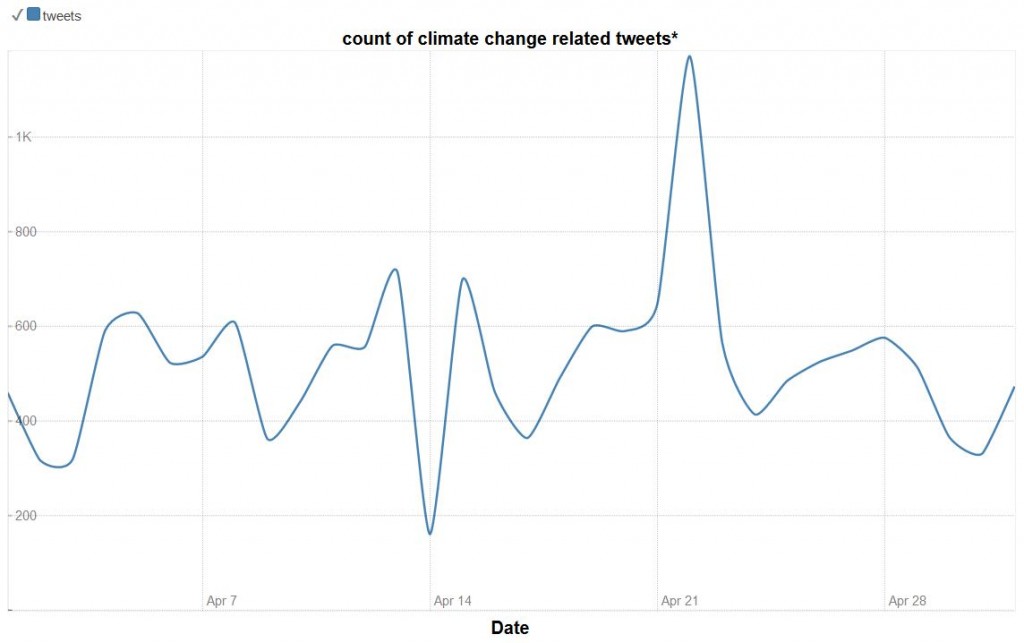
von Rahel Roloff
Auf der Jahreskonferenz des Netzwerk Recherche am 16.06.2023 diskutiert Luisa Neubauer mit Fernseh-Redakteur:innen, Chefredakteur:innen, Ressortleiter:innen und Programmdirektor:innen des deutschen Fernsehens unter dem Titel „… und nun zum Klima. Wie eine zeitgemäße Klimaberichterstattung aussehen müsste – und warum es sie bis heute nicht gibt“. Der Titel dieser Runde ist sinnbildhaft für die Aufgabe, vor der das deutsche Fernsehen momentan steht. Ein Update zu den aktuellsten Zahlen über die Klimaberichterstattung im deutschen Fernsehen.
Besonders die öffentlich-rechtlichen Sender geraten immer wieder in die Kritik, der Klimakrise nicht den Platz einzuräumen, den sie angesichts ihrer gesellschaftlichen Relevanz verdient. Eine Sendung, wie sie unter anderem von „Klima vor 8“ gefordert wird, die täglich zur Klimakrise berichtet und informiert und Wege in eine nachhaltigere Zukunft diskutiert ist im öffentlich-rechtlichen Fernsehen nach wie vor nicht zu finden. Auch eine beständige Erwähnung der Klimakrise innerhalb anderer Themen, von denen das Klima ganz klar eine Dimension darstellt, denkt man nur an aktuelle Debatten über Wärmepumpe, den Angriffskrieg in der Ukraine, oder die Unwetter im Sommer, fehlt häufig.



